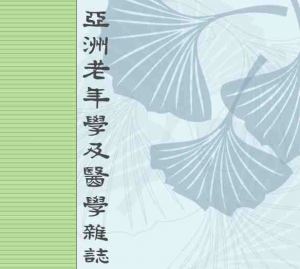 The American Journal of Medicine, February 2021
The American Journal of Medicine, February 2021
by Liye Zou, PhD , Tao Xiao, PhD , Chao Cao, MPH, Ulf Ekelund, PhD, Yikyung Park, ScD, Lin Yang, PhD , et.al
Abstract
-
This review synthesized evidence from more than 200 meta-analyses of randomized controlled trials with 142 unique health outcomes.
-
Moderate evidence supports that Tai Chi improves physical and mental health among adults with cancer, neurological disorders, metabolic diseases, cardiopulmonary diseases, musculoskeletal diseases, and cognitive-psychological disorders.
-
Future research should investigate the biological pathways and accelerate the application of Tai Chi as a viable and low-impact method of exercise for managing comorbidity.
_____________________________________________________________________________
Essential SSL




